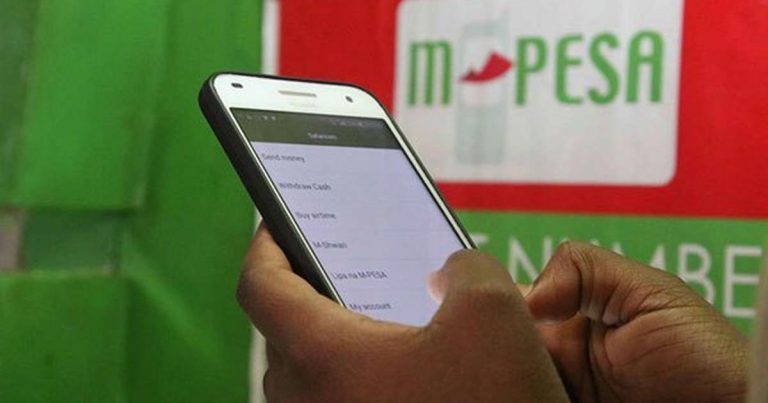
Leading telecommunications company in Kenya, Safaricom, has reported a half-year profit of Ksh 34.2 billion ($225 million), which was majorly driven by the success of its fintech subsidiary M-PESA.
The company reported a 2.1% increase in net income, and the shares which experienced a 43% decline since the beginning of the year, experienced a remarkable 5.6% surge, signaling investor confidence in the company’s recent earnings report.
The fintech subsidiary M-PESA continued to be a key financial source of revenue for the company, after it contributed 42.1 percent of the telco’s revenue in the six months to 30th September 2023, up from 39.3 percent in the same period in 2022.
Register for Tekedia Mini-MBA edition 19 (Feb 9 – May 2, 2026): big discounts for early bird.
Tekedia AI in Business Masterclass opens registrations.
Join Tekedia Capital Syndicate and co-invest in great global startups.
Register for Tekedia AI Lab: From Technical Design to Deployment (next edition begins Jan 24 2026).
In the same period, one month of active M-PESA customers grew by 3.1 percent year-on-year to 32.13 million. Lipa Na M-PESA active merchants grew 22.3 percent year-on-year to 658.35k.
Also, Safaricom recorded a growth in profitability for the six months to 30th September 2023, with the Kenyan business profits growing 10.9 percent to KSh 41.6 billion. It attributed this growth in profitability to the reduced prices for its products and services.
Speaking on the first half result, CEO of Safaricom Peter Ndegwa said the strategic reduction of its prices, has led to an increase in service usage.
In his words,
“In the six months leading up to September, there was accelerated pressure on the consumer wallet due to global and domestic factors that drove inflation. Businesses have also been under pressure having to deal with rising energy and foreign-exchange costs whilst balancing between operating an efficient business and also cushioning customers at a tough time.
“We appreciate that everyone is going through a hard time and are committed as a business to support our customers cope. The reduced prices have seen our customers use more of our services hence the double-digit growth in profitability and revenue”.
Voice which accounted for 27.5 per cent of the company’s revenue in the previous half-year accounted for 24.6 percent. Other key drivers include mobile data accounting for 18.8 per cent, while fixed enterprise services accounted for 2.8 percent, of the profit.
It is however interesting to note that Safaricom’s success in Kenya has played a crucial role in offsetting the company’s losses incurred in Ethiopia, after it placed a bet in the East African country, following its launch last year.
Safaricom Ethiopia, which launched in 2022, encountered several challenges that impacted its ability to guarantee returns for investors.
In May this year, the company reported a drop in full-year profit as the costs of rolling out operations in neighboring Ethiopia weighed on earnings.
Net income for the 12 months through March was 62.3 billion shillings ($455.6 million), 10.6% lower than the previous year, according to financial statements released. That’s the biggest drop since 2011, according to data compiled by Bloomberg.
Profit dropped as the company’s capital spending jumped 93% to 96.1 billion shillings, excluding the impact of hyperinflation in Ethiopia, driven by expenditure on rolling out operations in that country.
Despite the challenges, Safaricom remains hopeful that the macroeconomic situation in Ethiopia will improve by the time the subsidiary achieves profitability, expected towards the end of 2026.



